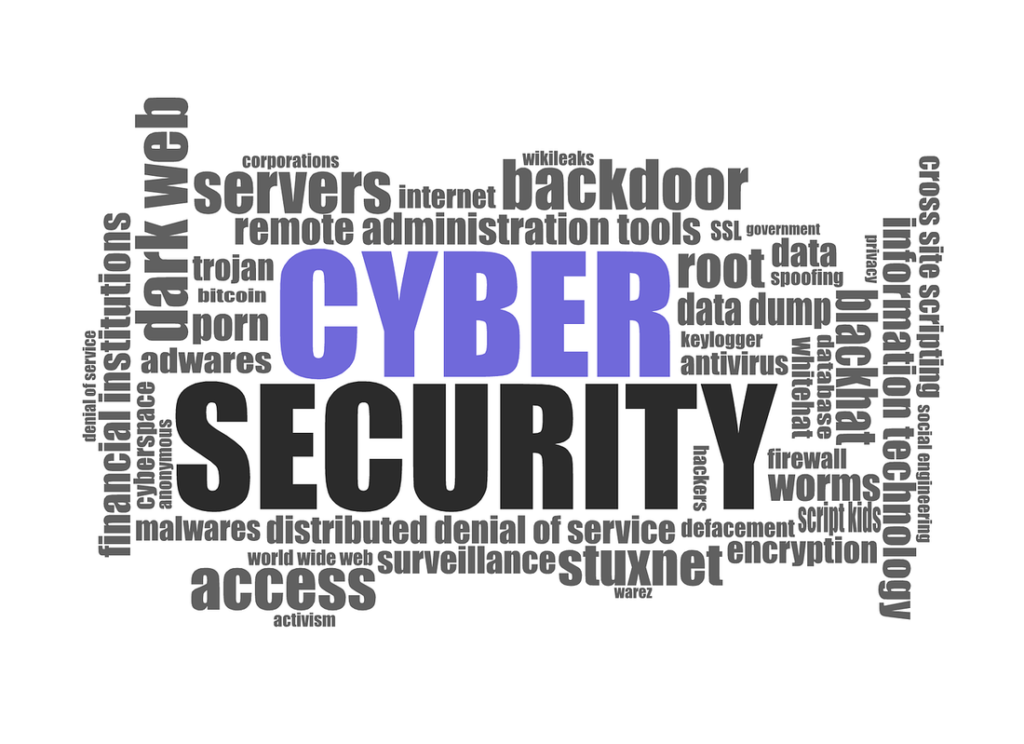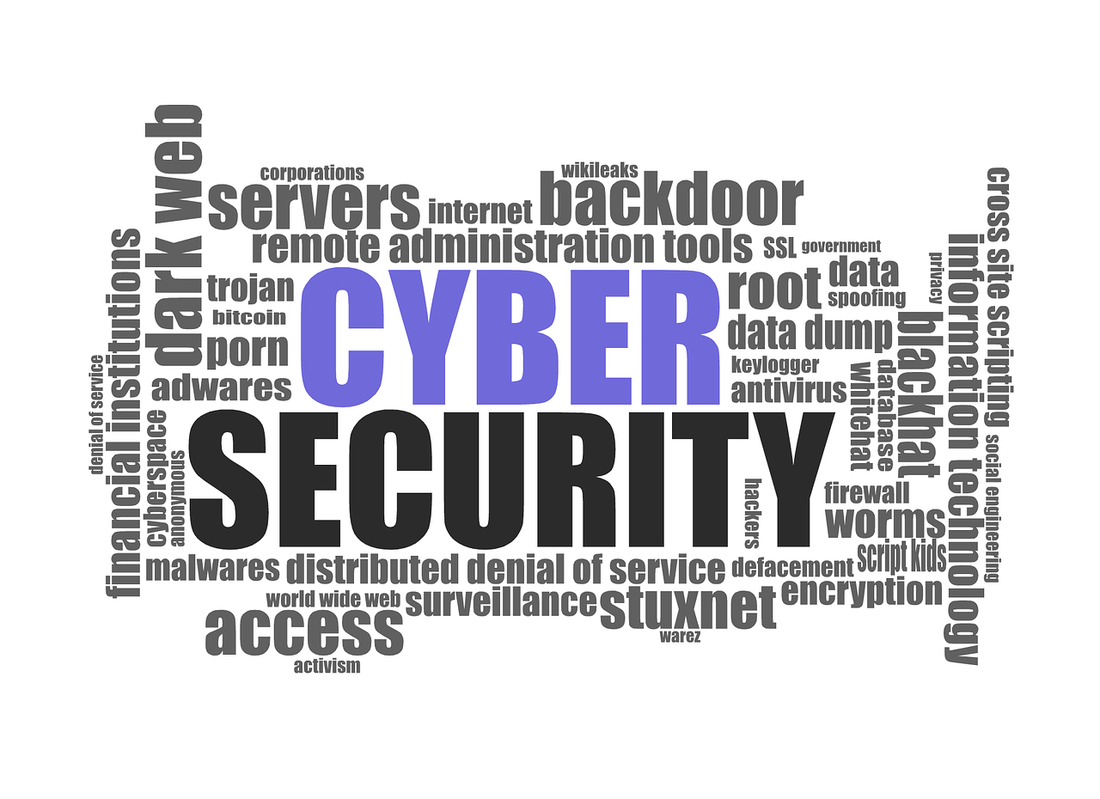The Growing Cybersecurity Crisis: Small Businesses at Risk

In today’s digital age, cybersecurity has become a critical concern for businesses of all sizes. While larger corporations have the resources to invest heavily in protecting their digital assets, small businesses often find themselves underprepared and vulnerable to cyber threats. In this blog post, we will delve deep into the alarming statistics that highlight why cybersecurity is absolutely essential for small businesses. We’ll explore the reasons why they are prime targets for cyberattacks, the lack of adequate preventive measures, and the staggering cost of these attacks. To illustrate the severity of the issue, we will also include an insightful infographic.
Small Businesses: A Prime Target
Small businesses may not always be in the limelight, but they are certainly on the radar of cybercriminals. According to recent statistics, a staggering 46% of all cyber breaches target small businesses. This might come as a surprise to many who believe that hackers primarily focus on larger corporations with greater financial resources. However, the truth is that small businesses are increasingly becoming the preferred targets of cyberattacks.
Underestimating the Threat: One of the primary reasons small businesses are targeted is the misconception that they are less likely to have robust cybersecurity measures in place. Hackers often perceive small businesses as easy pickings due to their limited budgets and resources dedicated to cybersecurity. This mistaken belief makes them attractive targets.
Wealth of Data: Small businesses may not have the same volume of data as their larger counterparts, but they still possess valuable information that can be exploited. Customer data, financial records, and intellectual property are all potential treasures for cybercriminals. Small businesses, in their pursuit of growth and profitability, often gather a wealth of sensitive data that becomes a tempting target for hackers.
Less Stringent Security: Compared to large enterprises, small businesses are more likely to have lax security practices in place. This can include weak password policies, outdated software, and insufficient employee training on cybersecurity best practices. These vulnerabilities provide cybercriminals with easy access points.
Inadequate Preparedness
While the threat to small businesses is evident, the sad truth is that most of them are not adequately prepared to defend against cyberattacks. Here are some key reasons behind this lack of preparedness:
Budget Constraints: Small businesses often operate on tight budgets, and allocating funds for cybersecurity measures may not be a top priority. This results in limited resources available for investing in robust security solutions.
Limited Expertise: Cybersecurity is a complex and ever-evolving field. Small business owners and their teams may lack the expertise required to stay ahead of the latest threats and implement effective security strategies.
Overconfidence: Some small business owners mistakenly believe that they are immune to cyber threats. This overconfidence can lead to complacency, where they underestimate the need for cybersecurity measures.
Resource Allocation: In many cases, small business owners are stretched thin, wearing multiple hats to keep their operations running smoothly. This leaves little time and energy for focusing on cybersecurity.
The Staggering Cost of Cyberattacks
The consequences of a successful cyberattack on a small business can be devastating, both financially and reputationally. Let’s take a closer look at the high costs associated with these incidents:
Financial Losses: Cyberattacks can lead to significant financial losses for small businesses. The theft of sensitive financial information, such as credit card details or bank account information, can result in immediate monetary damages.
Reputation Damage: A tarnished reputation can be a long-lasting consequence of a cyberattack. Small businesses often rely on trust and word-of-mouth referrals, so any breach of customer data can severely impact their reputation and credibility.
Legal Consequences: Depending on the nature of the data breach, small businesses may face legal consequences and regulatory fines. Compliance with data protection laws is crucial, and non-compliance can result in heavy penalties.
Operational Disruption: Cyberattacks can disrupt business operations, leading to downtime and lost productivity. This disruption can have a cascading effect on a small business’s ability to serve customers and generate revenue.
Recovery Costs: Recovering from a cyberattack involves significant expenses, including the cost of restoring compromised systems, implementing stronger security measures, and providing identity theft protection services to affected customers.
Loss of Trust: Perhaps one of the most intangible but profound costs of a cyberattack is the loss of trust among customers and partners. Rebuilding trust can be a challenging and time-consuming process.
Take Action Today
In light of these alarming statistics and the potential consequences of cyberattacks, it’s clear that small businesses must take proactive steps to protect themselves. Waiting until an attack occurs is not an option. Here are some essential actions to consider:
Invest Wisely: Allocate a portion of your budget to invest in cybersecurity solutions that are tailored to your business’s needs. Consider working with a trusted IT partner, like NextGEN IT Solutions, to assess your vulnerabilities and implement effective security measures.
Employee Training: Educate your employees about cybersecurity best practices. They are often the first line of defense against cyber threats, so ensuring they are aware of potential risks and know how to respond is crucial.
Regular Updates: Keep your software and systems up to date to patch known vulnerabilities. Cybercriminals often exploit outdated software to gain access to networks and data.
Data Protection: Implement robust data protection measures, including encryption and access controls, to safeguard sensitive information.
Backup and Recovery: Regularly back up your data and have a comprehensive disaster recovery plan in place. This ensures that you can quickly recover from a cyber incident with minimal data loss.
The statistics are clear small businesses are increasingly becoming the target of cyberattacks. However, with proactive measures and a commitment to cybersecurity, small businesses can protect their valuable assets and maintain the trust of their customers. Don’t wait until it’s too late—take action today to safeguard your business from the growing cybersecurity crisis. Remember, the cost of prevention is far less than the cost of recovery.




